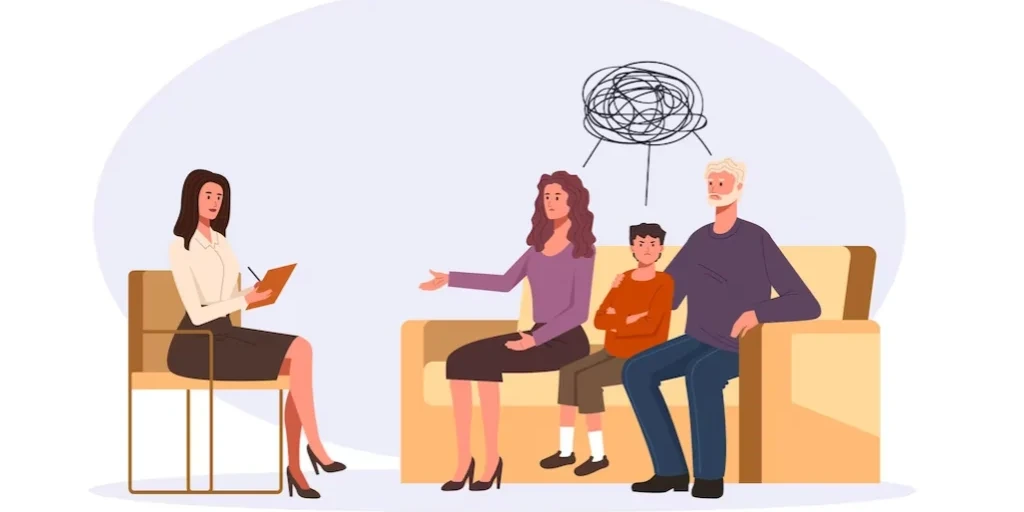24/7 Helpline:
(866) 899-111424/7 Helpline:
(866) 899-1114
Learn more about Substance Abuse Treatment centers in Kaw City
Substance Abuse Treatment in Other Cities

Other Insurance Options

Magellan Health

Coventry Health Care

WellPoint

Holman Group

Covered California

Amerigroup

Molina Healthcare

United Health Care

MHNNet Behavioral Health

Medical Mutual of Ohio

Access to Recovery (ATR) Voucher

State Farm

Highmark

Optum

Regence

WellCare Health Plans
Beacon

Premera

Carleon

Excellus










Tonkawa Tribe – Substance Abuse Program
Indian Alcohol and Substance Abuse Tonkawa Tribe of Oklahoma offers outpatient services for people s...

Edwin Fair Community Mental Health Center – Kay County
Edwin Fair Community Mental Health Center – Kay County is a private rehab located in Ponca City, Okl...

Bridgeway
Bridgeway is located in Ponca City, Oklahoma. Bridgeway provides substance abuse treatment.

Ponca City Rightway Medical
Ponca City Rightway Medical is a private rehab located in Ponca City, Oklahoma. Ponca City Rightway ...
































Alpha II
Alpha II is a private rehab located in Tonkawa, Oklahoma. Alpha II specializes in the treatment of a...




























